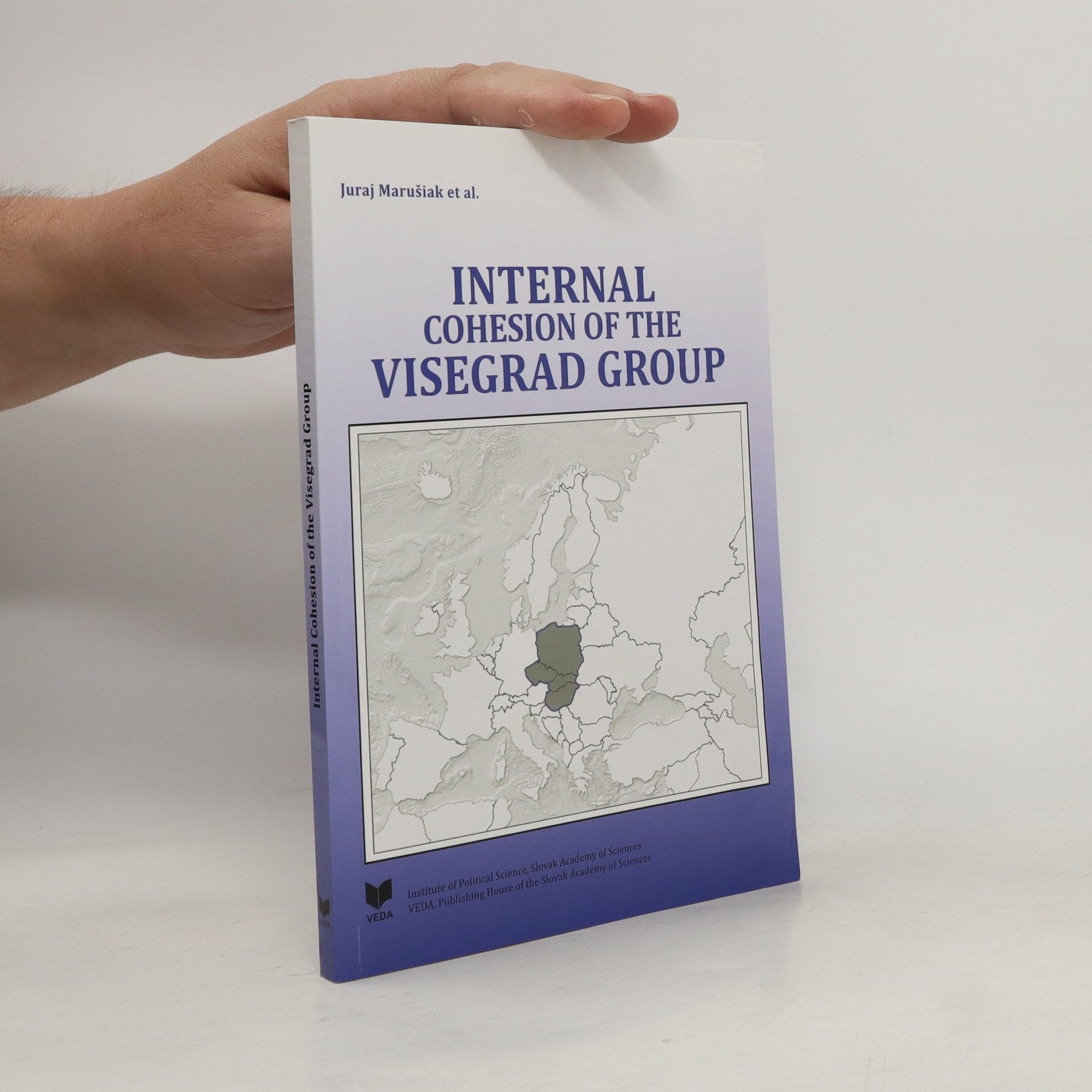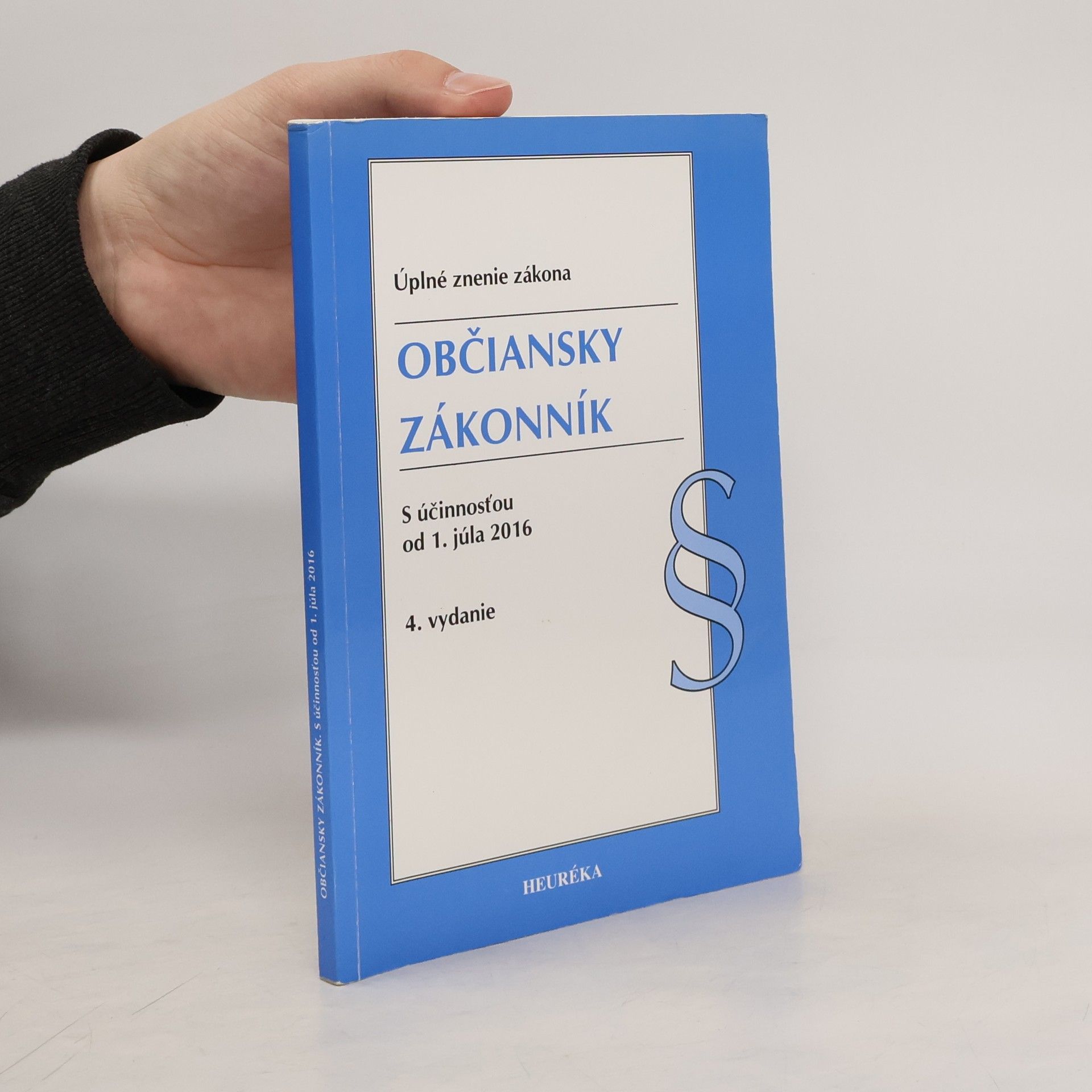Theaster Gates. Black Chapel
Ausst. Kat. Haus der Kunst München, 2019-2020
- 176 páginas
- 7 horas de lectura
Theaster Gates confronts German and American legacies of racism through the life of Jesse Owens Guided by the forms of solidarity found within Black communities, American artist Theaster Gates (born 1973) creates visionary installations that transform public spaces into places of artistic and cultural intervention. In Black Chapel , Gates explores recent German and American history through the life of the great African American athlete Jesse Owens. In this expansive exhibition, Gates responds directly to the architecture of Haus der Kunst’s massive Middle Hall, exposing it to a complex and politically charged narrative. Alongside Owens’ complete and fully illustrated record collection being made available for the first time, the exhibition consists of several large pavilions containing sculptures, photographs and documents, as well as huge illuminated rotating panels displaying photographs from the archives of Ebony and Jet , two magazines that contributed significantly to the dissemination of Black culture in the United States. This interplay of sculpture and photography interrogates Black history, spirituality and representation, and recasts them visually.





